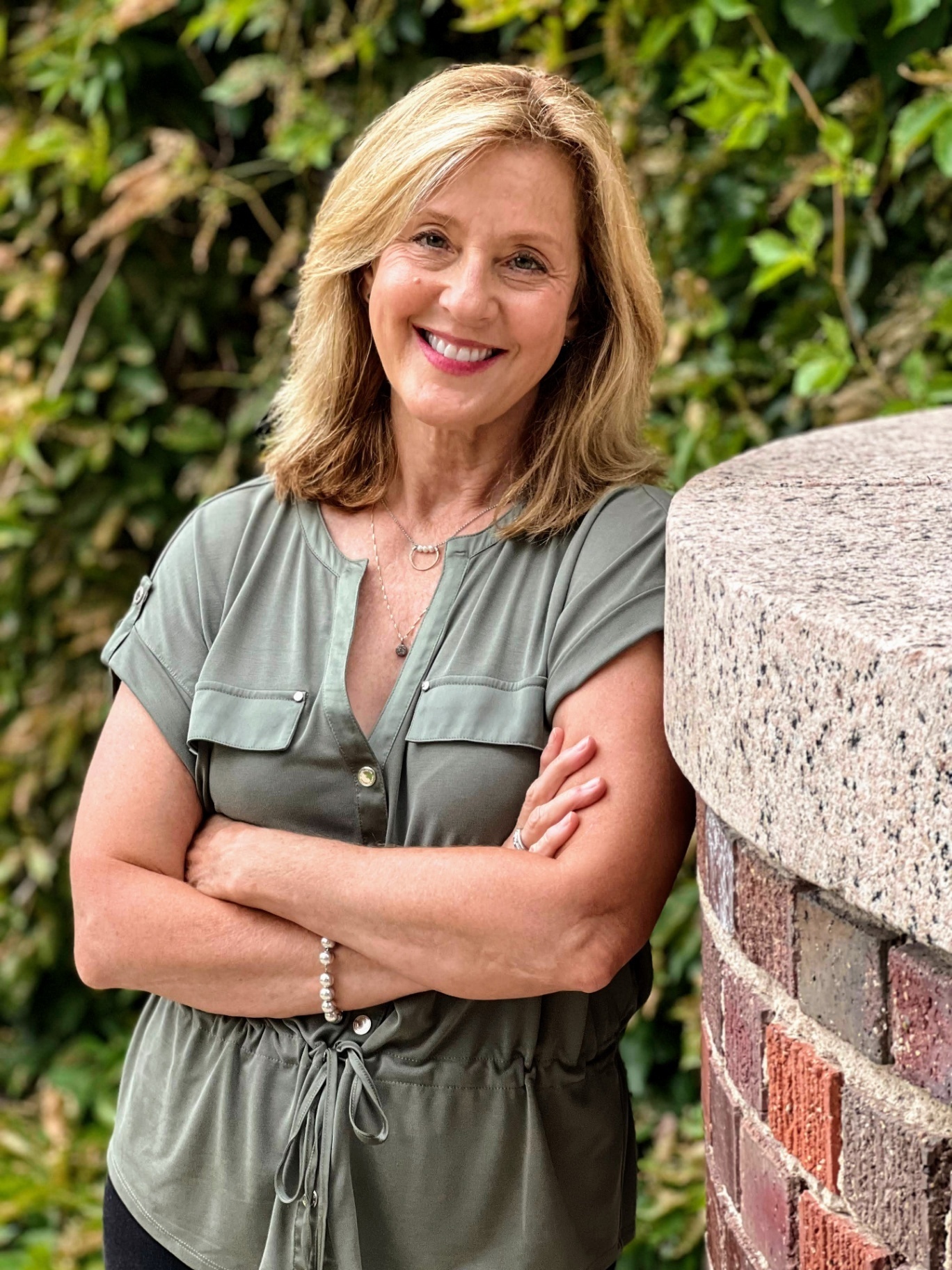UpliftME Therapist Beth Carter Discusses Adoption, Attachment, and Healing

A cornerstone of attachment theory and a focus of UpliftME’s practice is the need for children to form secure bonds with their caregivers. Adoption can present significant challenges for meeting this fundamental need of security. As an adopted individual, therapist Beth Carter, LPCC, understands the attachment struggles and opportunities that adoption presents firsthand. We’re grateful that she agreed to share her valuable insights on adoption and her unlikely path to being a therapist –
What are some of the most common challenges you see adoptees face that their parents should be aware of?
While adoption builds a family and is a powerful impetus for healing and growth for everyone involved, it is important to remember that adoptees have their family created from a place of separation and loss. Most adoptees and their families want to gloss over, ignore, or otherwise avoid that painful and difficult fact. While it is important to avoid dwelling in the difficulties that have created an adoption, avoidance of those difficulties can create confusion and pain for adoptees. All the many emotional components of the adoption experience deserve to be honored as a part of an adoptee’s life and experience. Only then can they fully find their true selves.
How much does age play a role in the mental health risks of early trauma when a baby is separated from their birth family?
Logically, when you think about adoption, it seems to make sense that the earlier an adoption takes place, the easier it will be for all concerned. Traditionally, we have thought that nurturing and loving care, no matter who provides it, would be healing. A newborn baby who is handed into the loving arms of new parents would experience little to no trauma. While this is partially true, there is a great deal of current research on the power of the early attachment between a mother and infant before and after birth. We now know that babies are deeply attached to their mothers even before birth.
While adoption is profoundly healing and life-giving to these babies, there is trauma that is experienced that is held deeply in the brain, body, and nervous system of these infants. This is not a hopeless situation by any means, but the more we know about the complex relationship between mother and infant, the more we can learn to talk about it, address it, and heal it for all those who are a part of an adoption experience.
All children who are adopted experience an attachment wound, as they are separated from their birth mothers. It gets complicated, as older children who are adopted may have other factors in play, such as multiple foster homes, separation from siblings, or any number of complications. Older children may have more emotional resilience, but this is very dependent on their life experience up to adoption. Each life is unique, so each child needs to be honored for who they are, all they have experienced, and the strengths and struggles they bring to the table.
Adoptive parents often experience stress related to the demands of parenting a child with complex needs. Can you discuss some of the factors that adoptive parents should consider when finding the appropriate mental health support for their child and themselves? What are the advantages of child-parent psychotherapy for adoptive families?
At UpliftME, we are keenly aware of the specific needs and challenges that are present for adoptive families. We know that healing emotional wounds from the adoption experience happens within the relationship between child and parent. Emotional health for all children occurs within the context of secure attachment and healthy emotional bonds with parents.
Truly, most parents want this for their children, but we, as parents, often carry our own wounds from childhood, and struggle with how best to connect with and nurture our children. This is why child-parent psychotherapy is so valuable. All the current research points to the quality of the emotional bonds between child and parent as key factors in emotional health.
We can help facilitate, nurture, and build strong emotional bonds and attachment for children, parents, and families.
What are the signs that a child may be experiencing difficulty finding secure attachment, and how important is secure attachment to a child’s development?
Secure attachment with parents is the foundation for healthy emotional development for children. I cannot stress that statement enough! Without secure attachment, children struggle to make sense of their emotions, their life experience, and their sense of identity and who they are as people.
When kids are having trouble feeling securely attached, they may experience anxiety, sadness, and difficultly managing and understanding their own feelings. They can have emotional outbursts, or they can seem to be shut down. They can also be the children who are over-compliant and focused on the needs of their parents, instead of their own.
A common challenge for adopted kids seems to happen during adolescence. Because the teen years are about becoming an individual, the wounds from early separation can suddenly begin to cause pain and struggle for these kids. Knowing that this is common, and understandable, can be a big help for parents as they support their kids through the challenging teen years.
What’s your superpower as a therapist?
I think the superpower for every therapist is their authenticity. I try to be fully myself, (warts and all) with my clients. This builds true connection. And all emotional healing happens in connection with others.
Prior to becoming a therapist, you were a dentist with a successful dental practice, then retired. What were the catalysts that finally pushed you to make the leap and become a therapist?
I don’t think there was a specific big catalyst that propelled me to begin a second career in my retirement. It felt like a slow progression. It was a kind of yearning for change and growth in my life and in myself. I always loved learning, and really felt a desire to go back to school and learn something new.
Also, the more I learned about myself and worked on healing my own wounds through therapy, the more I wanted to share that with others. It felt like an opening and an unfolding into something new and important to me.
Did dentistry give you any advantages or insights when studying to be a therapist?
That is a great question! I wish that I had some of my counselor training while I was still practicing dentistry! I have such a deeper understanding of the ways people handle difficult emotions now. And as everyone knows, going to the dentist creates a lot of big emotions for a lot of people. I always felt strong in my ability to be compassionate and nurturing to my dental patients, and I do carry that forward into my work as a therapist.
In addition to adoption issues, you work with other kids and families facing various challenges. How does your expertise in adoptive mental health and attachment-based therapy apply to kids facing other types of trauma, relationship problems, or behavioral issues?
Secure attachment is the foundation of emotional health. Because all parents are human, flawed, and carry their own wounds from their own childhood, none of us have perfectly secure attachments. Helping families build these strong, loving bonds is important for everyone, not just adopted kids, and something that I feel is more important than anything.
What do you see in clients that makes this journey worthwhile? What does success look like?
Through nurturing, developing and supporting these loving bonds, we all find our true selves, our true identity, and can go out in the world and find loving connections with others. Success looks like the strength and resilience to experience the full range of human emotions, and to be able to truly connect and feel love for ourselves and others.
If you are seeking support for your adoptive family, Beth would love to hear from you. Please reach out to schedule a consultation.

